News - Advertising
Nick Law, the New Chief Creative Officer of Publicis Groupe, on Creativity
by Gijs de Swarte
March 19, 2018
.jpg) Advertisement
AdvertisementCreativity is…
Nick Law: ‘First there is nothing, and then there is something. What wasn’t there at first arises in your head and then appears to the world. The possibilities are infinite. Look around you and you can’t escape the realization that creativity is a crucial part of life. Creativity is in all of us and the more you know about it, the more creative capacities you can develop and get under control, the better you function. And I’m not just talking about advertising and marketing or your professional career. I’m talking about life. Creativity in itself is progress. Once you start creating, it never turns out the way you imagined it at first; an idea changes, meanders, develops, becomes something entirely different. That's growth, and growth is what we humans tend to strive for in life.’
Mainly storytelling
‘If you want to keep things simple, you can distinguish two kinds of creativity: “straight forward” storytelling and “systematic thinking.”
Since Bill Bernbach put the art director and copywriter together in one room in the 1950s, advertising has mainly been about storytelling. That also had to do with the media that were used to send out the brand messages; newspapers, magazines and TV are storytelling media in itself. As a creative, you distill a story from the emotions that are associated with a brand. And to have as much impact as possible, you simplify the story to send out a crystal clear, strong, cool message on behalf of the brand.
‘I’m originally a designer. In the design industry “systematic thinking” has the upper hand. Systematic thinkers use a helicopter view, to overview the whole playing field and all opportunities. A digital designer for example looks at how users will possibly react to the design, what that means for their journey, all the way to where a purchase is made – and even after that. A good systematic thinker takes all channels through which the brand can communicate into account, right from the beginning. And makes sure it all makes perfectly, seamless sense.
'The successful agencies of tomorrow will consist of people who can do, or at least understand both approaches. Who will find the story and have the helicopter view needed to make sure people truly experience it, through every possible channel. When I came to New York during the digital revolution at the beginning of the millennium a lot of what was made digitally, just didn’t make sense. It was crafted in a storytelling manner, while the Internet is a totally different medium. I’ve seen quite some big budget projects go down the drain. The radical step we took at RG/A was to change the traditional team of art director and copywriter to storyteller and systematic thinker. That is the secret of our success; to constantly look for a balance between the art of simplifying and creating a story with maximum impact – and the input of people overseeing the whole playing field and spotting opportunities that come with new media and technology.'
Balance
‘The question then of course is, what use could this kind of thinking have in your personal life? First of all - when you have been using your brain as a storyteller for a long time, it’s hard to switch to systematic thinking immediately. And vice versa. But... as in our industry, life is about ideas. What I’m trying to say is, do you just live your own “narrow” story, or do you see yourself as part of a bigger world and the opportunities that come with that much larger perspective? Leading a good, simple life, with no progress, is a dead end. Just as seeing all kinds of possibilities without having a clear goal. Find the balance between the two. There’s not much more to it. It makes a huge difference. That's life, that's progress. And I can tell, because I’m experiencing it on a daily basis.’


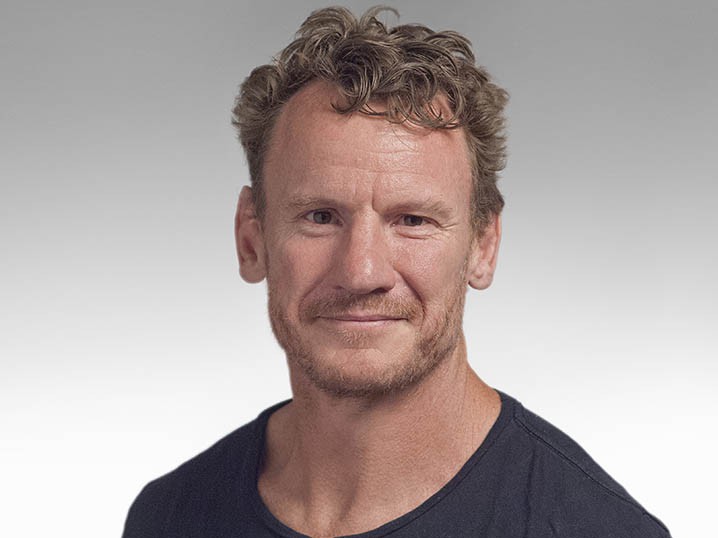
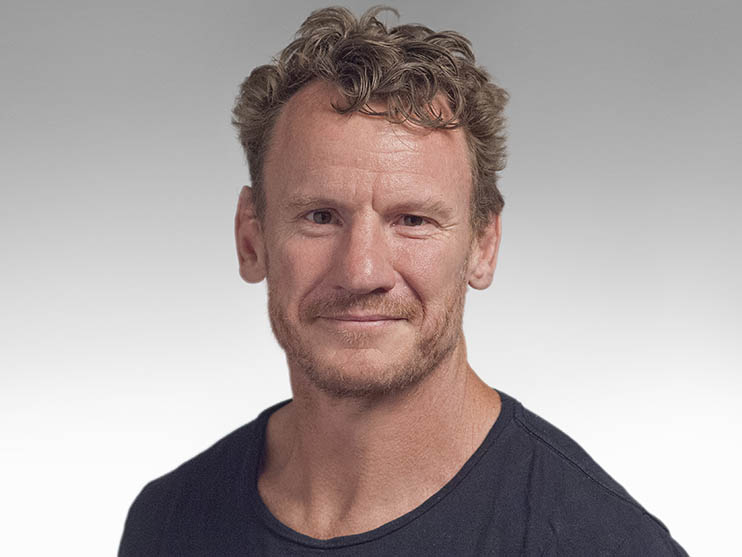
.jpg)
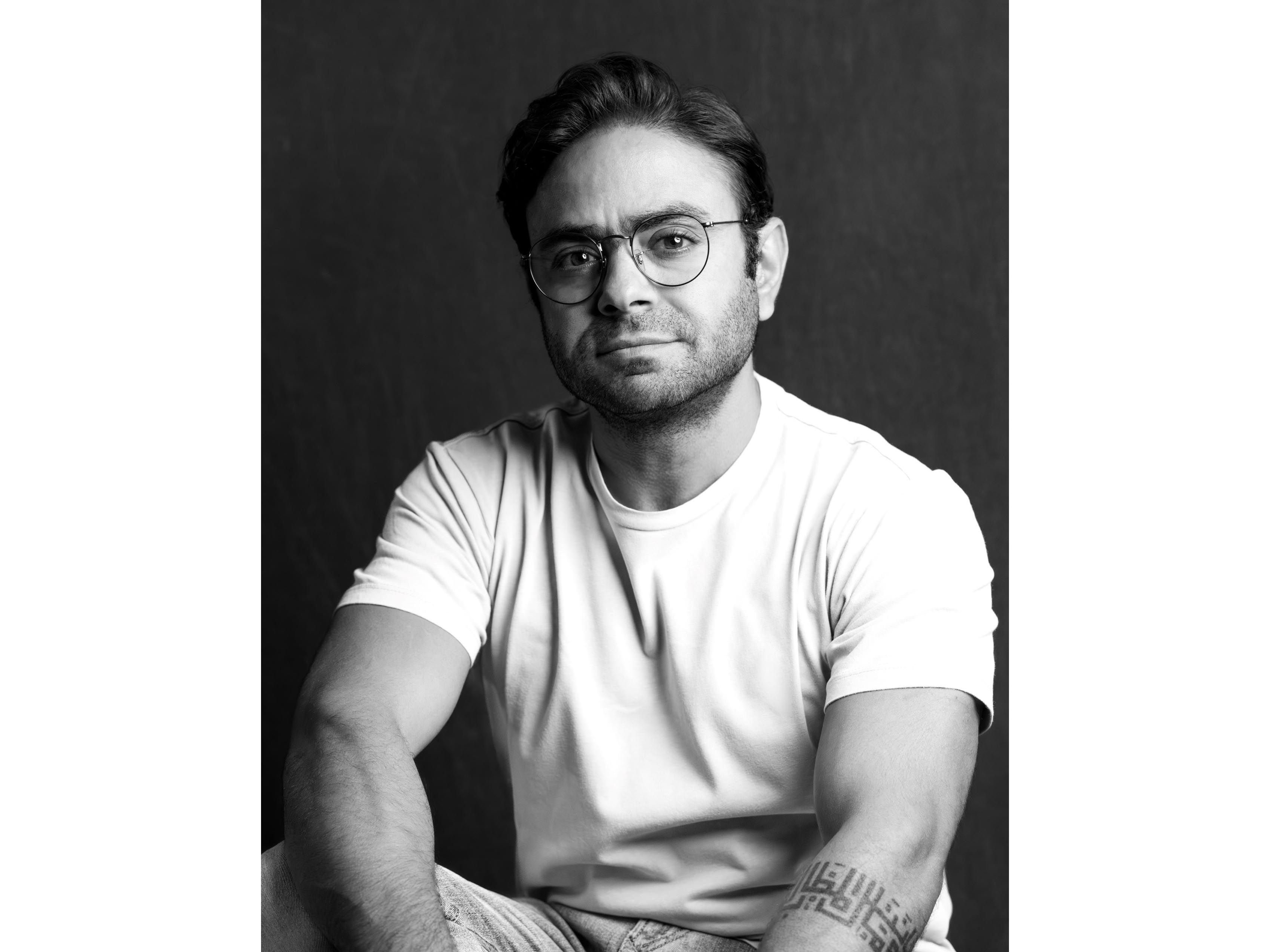

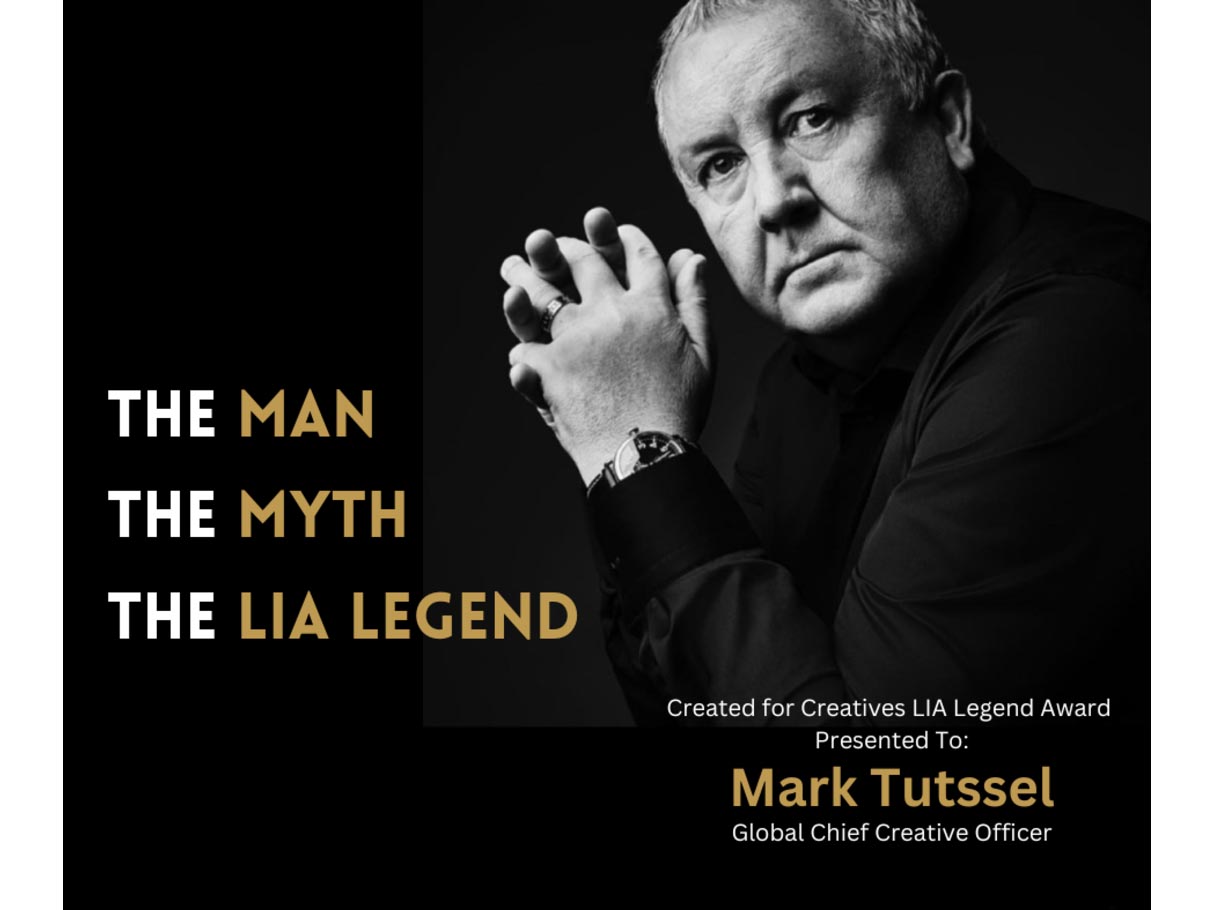
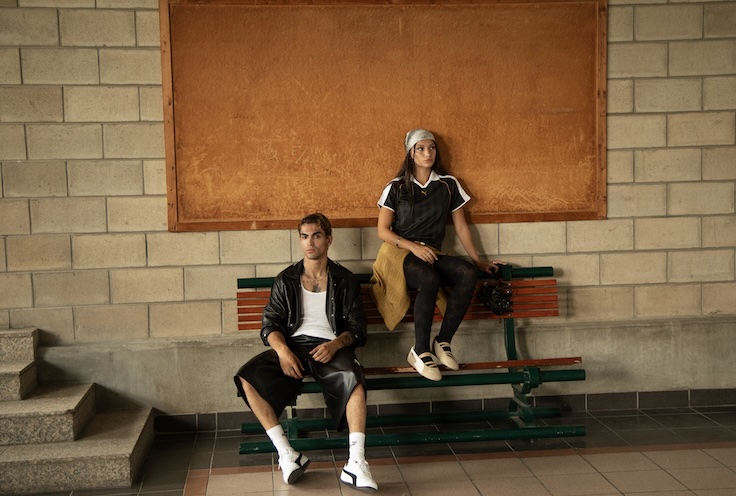
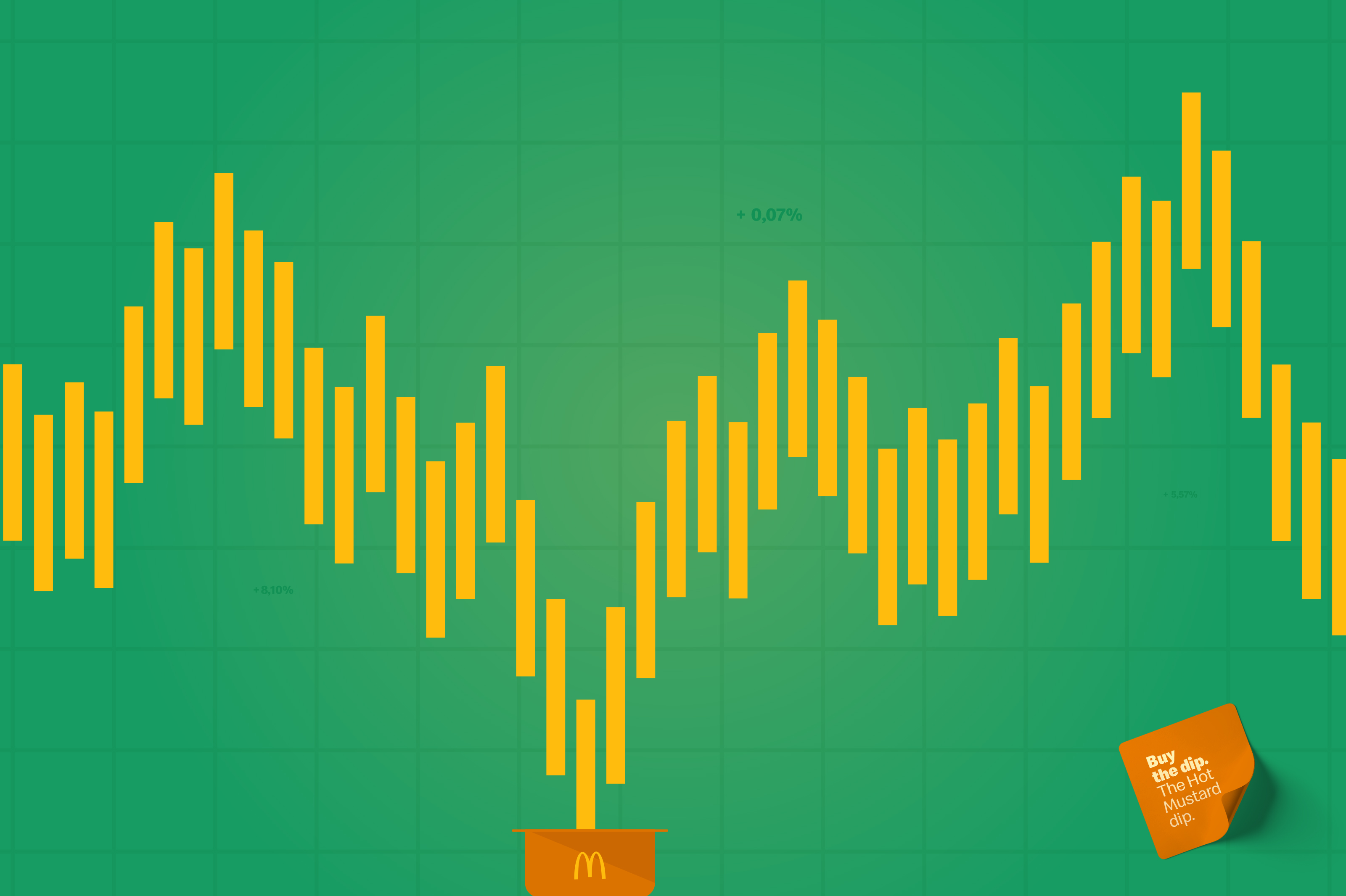
.jpg)




